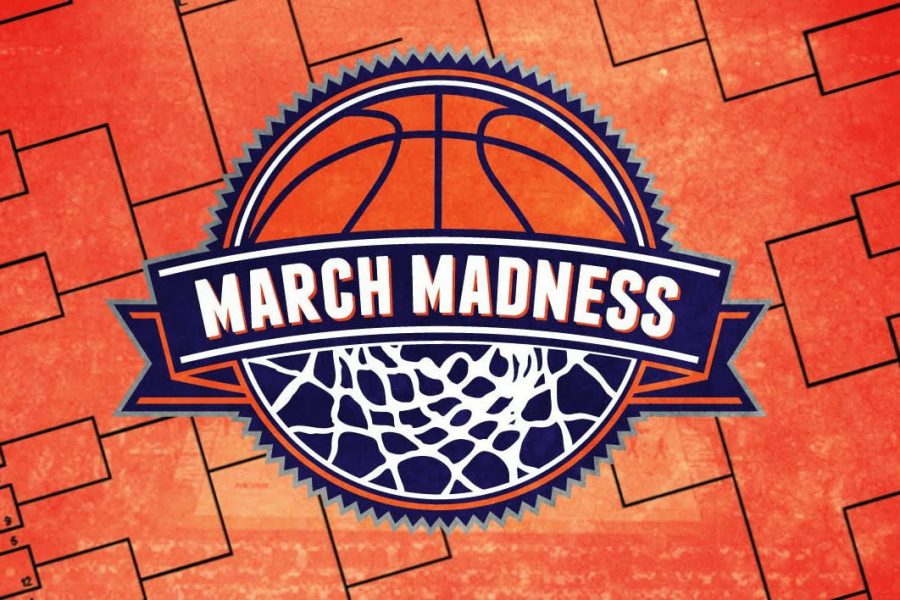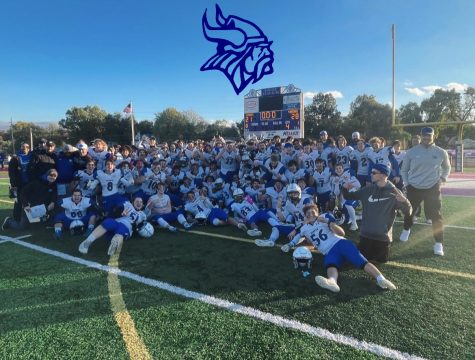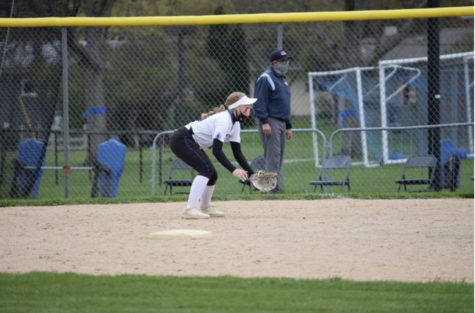The Cultural Significance of March Madness
It’s that time of year when we set the clocks an hour forward, alternate between winter coats and shorts, and allergy season is at its finest. Needless to say, it’s March.
That means one thing: March Madness.
Let’s break down the word. March; Well, obviously because it happens in March, no need to overthink. But Madness; that’s more to interpretation. Do we call it that because of the crazy buzzer beaters, or schools nobody’s heard of beating teams stacked with future NBA talent? Or do we call it that because of the way people go mad while following the event.
There’s a reason Thursday and Friday of this week are the two least productive days of the year. Both days, in a 12 hour range, there are 16 games spaced out over that period, using 4 different TV networks (CBS, TNT, TBS, and truTV).
If you’re in school, you’ll see a majority of your class finding any way to stream the game. I have memories of upsets in the process of happening, and everyone in the class exchanging nervous glances with each other. For two days, High School social differences disappear. The most popular person is not the star student, athlete or musician, but rather whoever has the game on. Through the process of March Madness, I’ve connected with people I’d never have otherwise. I’ll talk to a kid in class that I’d barely interacted with at all about my bracket or the current game on. I’ve even had conversations with teachers about their brackets. If you’re at work, for those who show up, there is sure to be plenty of trash talk over the office bracket pool. Safe to say, not much is getting done.
Once you get home, you’ll run to your living room, grab your laptop, tablet, phone, or whatever other device allows for all 4 games to be on at once. You’ll have your bracket in front of you with your highlighter and red pen, and constantly be switching between actually watching the games and texting your buddies about their brackets.
Up until the first jump ball, we’ll cling to the hope that we have the one in 9 quintillion bracket. We do our research, settle on a couple sleepers, and convince ourselves that his is the one. When we get a couple games right, we’ll feel good. Everything’s coming into place. And suddenly, it’s over. The team that was a lock to go to the Final Four lost in the first round. But per the stages of grief, the first is denial. We’ll think of a scenario where everyone else’s bracket gets busted and everything can go according to plan. And then that gets busted. When it’s all over with, will accept our loss of x amount of dollars and move on with our life.
At this point of the article, you either completely feel what I’m talking about and can’t wait for Thursday, or you think society is doomed.
One big theme I’ve written with so far is how sports play a meaningful role in society. The big point is that it unifies a body of students an alumni in a way no other event can , and it also provides entertaining basketball games and bracket pools. While March runs have become routine for Kentucky, North Carolina, and Kansas, what about the other 65 teams? How about Mercer or Lehigh beating Duke, and using that to increase awareness of their institution? How about Butler making a Final Four and being a couple inches away on a Gordon Hayward half-courter from winning it all? Last year was Northwestern; after years of never making an NCAA Tournament appearance, the Cats finally broke through and got to the Big Dance.
Maybe for two years, the country loses all sense of production. But there’s 365 days in a year, and 363 days that don’t have high-stakes basketball games all day. We don’t need to be seriously engaged in everything all the time. It’s hard to find peace in this increasingly connected world. Sometimes it’s better to sit back and relax, and let the games do the work for us.







Jim Lapetina • Mar 13, 2018 at 5:32 pm
Terrific analysis of March Madness . Enjoyed reading the story